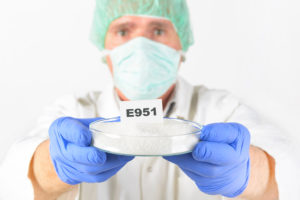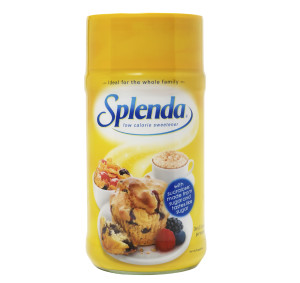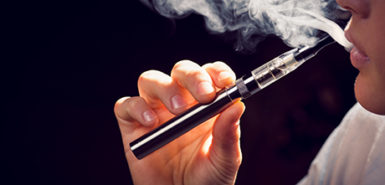
A study linking Splenda to leukemia risks in mice strikes a sour blow to the popular artificial sweetener and the many consumers who use it as a low-calorie sugar substitute.
People may want to take pause before consuming Splenda—and the thousands of products containing it—until an unbiased human study attempts to address these issues, said Muneer Abidi, MD, an oncologist with the Spectrum Health Cancer Center, Division of Blood and Marrow Transplant.
Dr. Abidi acknowledged that a cause-and-effect relationship between a product and cancer can be difficult to prove. But the results of the recent study raise enough concerns for him to urge caution.
“It seems they have done a remarkable job of conducting the experiment and raising the issue,” he said. “If I was a user of this product, it certainly would worry me.”
Dodging sucralose—marketed as Splenda—could prove challenging for fans of “light” and “diet” foods.
It shows up in more than 4,500 items in the United States—in yogurt, cereals and prepared dinners, as well as Diet Pepsi and Diet Mountain Dew.
Dr. Abidi called on the maker of Splenda to investigate the safety concerns and how they could affect humans.

“The onus is on them to have a thoughtful, independent clinical trial,” he said. “It is not going to be an easy study, and it’s not going to be a short-term study. But I think it’s important because cancer is something that develops very slowly.”
In the report by the Ramazzini Institute based in Italy, scientists studied the effect of sucralose in 457 male mice and 396 female mice. They compared animals that ate no sucralose to those that received various concentrations of sweetener in their feed throughout their lifespan, beginning with gestation.
The male mice that ate sucralose showed an increased incidence in cancer overall and a significant increase in the incidence of leukemia.
The scientists reported their findings in the Journal of Occupational and Environmental Health.
The study prompted the Center for Science in the Public Interest to downgrade the safety rating for sucralose from “caution” to “avoid.”
It joins several other artificial sweeteners in the “avoid” category: saccharin, aspartame and acesulfame potassium.
Heartland Food Products, the maker of Splenda, bashed the study as unscientific. It says 110 studies have found sucralose is safe, with no link to cancer, according to a letter posted on its website.
However, the Center for the Science in the Public Interest told EatClean.com the new study is especially powerful because it was funded without special interests in mind.
The doses administered to the mice equaled 10 cans of diet soda a day, according to the McClatchy News Network.
But Dr. Abidi said that does not mean only high doses of sucralose should raise concern. He questioned the effect of consuming lower amounts over long periods of time, noting that many people use artificial sweeteners regularly. And he said concerns have also been raised about the impact of sucralose on the environment.
 /a>
/a>
 /a>
/a>
 /a>
/a>